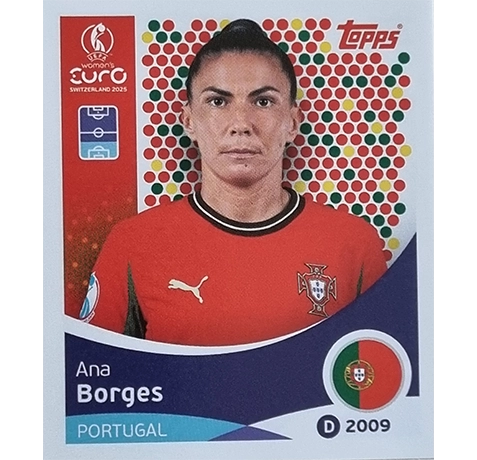Women’s Euro 2022: A Historic Milestone for Women’s Football

Introduction
The Women’s Euro 2022 has emerged as a pivotal event in the landscape of women’s football, representing both a sporting achievement and a cultural milestone. With increased visibility, record attendance, and compelling narratives, this tournament has significantly advanced the fight for gender equality in sports. The competition brought together some of the world’s best female footballers, captivating audiences and inspiring a new generation of female athletes.
Main Events and Highlights
Held from July 6 to July 31, 2022, in England, the Women’s Euro 2022 featured 16 teams competing for the prestigious title. Notably, attendance shattered previous records, with over 500,000 fans attending the matches, a testament to the growing popularity and support for women’s sports. In the final, held at Wembley Stadium, England overcame Germany with a thrilling 2-1 win, marking the Lionesses’ first major international trophy since 1966.
Throughout the tournament, numerous players shone, including England’s Beth Mead, who won the Golden Boot for her outstanding performance, scoring six goals. Other notable performers included German striker Alexandra Popp, who netted two crucial goals in the semi-final against France, showcasing the incredible talent in women’s football.
The Impact of Women’s Euro 2022
The Women’s Euro 2022 has not only provided exhilarating football but has also raised essential conversations about equity and investment in women’s sports. The BBC reported record viewership figures, with millions tuning in to watch matches, further illustrating the immense interest and commitment to women’s football. Furthermore, organizations and federations worldwide are now being urged to invest more in women’s sports to maintain this momentum.
Conclusion
The Women’s Euro 2022 has undeniably elevated women’s football to new heights, both in terms of visibility and female participation in sports. As we look to the future, it is clear that this tournament is not merely a sporting event, but a catalyst for social change, advocating for equality and respect in athletics. The success of the Women’s Euro has set a precedent and expectations for how women’s football will evolve, suggesting that more robust support and engagement will follow in the years to come. Fans and sponsors alike can look forward to a brighter, more inclusive future for women’s sports, with the anticipation of the next Women’s Euro already piquing interest globally.








